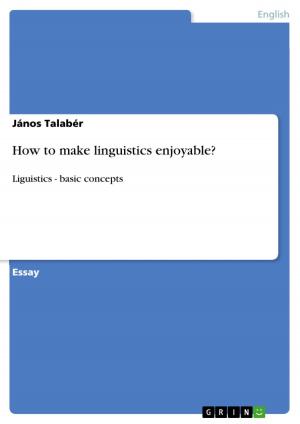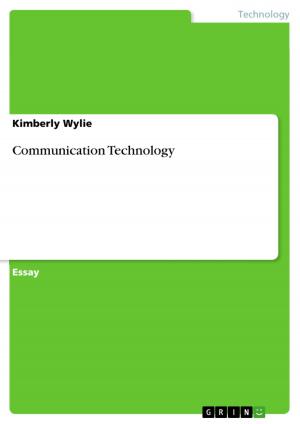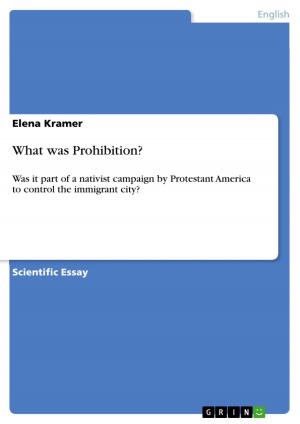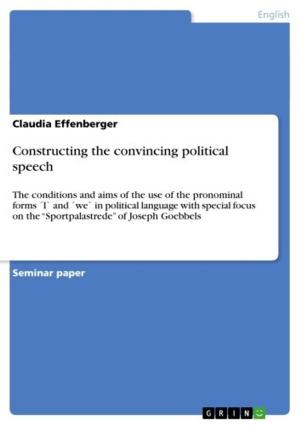Cosmopolitanism: World citizenship and the imagination
Nonfiction, Social & Cultural Studies, Political Science, Politics, History & Theory| Author: | Michael Ernest Sweet | ISBN: | 9783638801140 |
| Publisher: | GRIN Publishing | Publication: | June 25, 2007 |
| Imprint: | GRIN Publishing | Language: | English |
| Author: | Michael Ernest Sweet |
| ISBN: | 9783638801140 |
| Publisher: | GRIN Publishing |
| Publication: | June 25, 2007 |
| Imprint: | GRIN Publishing |
| Language: | English |
Scientific Essay from the year 2006 in the subject Politics - Political Theory and the History of Ideas Journal, grade: none, Concordia University Montreal, 23 entries in the bibliography, language: English, abstract: This paper examines the idea of world citizenship and if it is both possible and desirable; if it is to be understood as an abstraction or a framework for action. I consider a number of common notions of world citizenship and then, supported by Nussbaum's theory of public rationality from the literary imagination, I illuminate how the cosmopolitan vision of Diogenes, kosmopolitês (cosmopolitanism), may present the most promising construct of world citizenship to act as a counter hegemonic citizen-based force to neoliberal globalization. Additionally, a review of the world citizenship teaching model Learning for a Cause elucidates the potential for my vision of kosmopolitês in practice. I find world citizenship to be crucial to contemporary society, but in need of (re)understanding.
Michael Ernest Sweet is an award-winning Canadian educator, writer, and photographer.
Scientific Essay from the year 2006 in the subject Politics - Political Theory and the History of Ideas Journal, grade: none, Concordia University Montreal, 23 entries in the bibliography, language: English, abstract: This paper examines the idea of world citizenship and if it is both possible and desirable; if it is to be understood as an abstraction or a framework for action. I consider a number of common notions of world citizenship and then, supported by Nussbaum's theory of public rationality from the literary imagination, I illuminate how the cosmopolitan vision of Diogenes, kosmopolitês (cosmopolitanism), may present the most promising construct of world citizenship to act as a counter hegemonic citizen-based force to neoliberal globalization. Additionally, a review of the world citizenship teaching model Learning for a Cause elucidates the potential for my vision of kosmopolitês in practice. I find world citizenship to be crucial to contemporary society, but in need of (re)understanding.
Michael Ernest Sweet is an award-winning Canadian educator, writer, and photographer.















